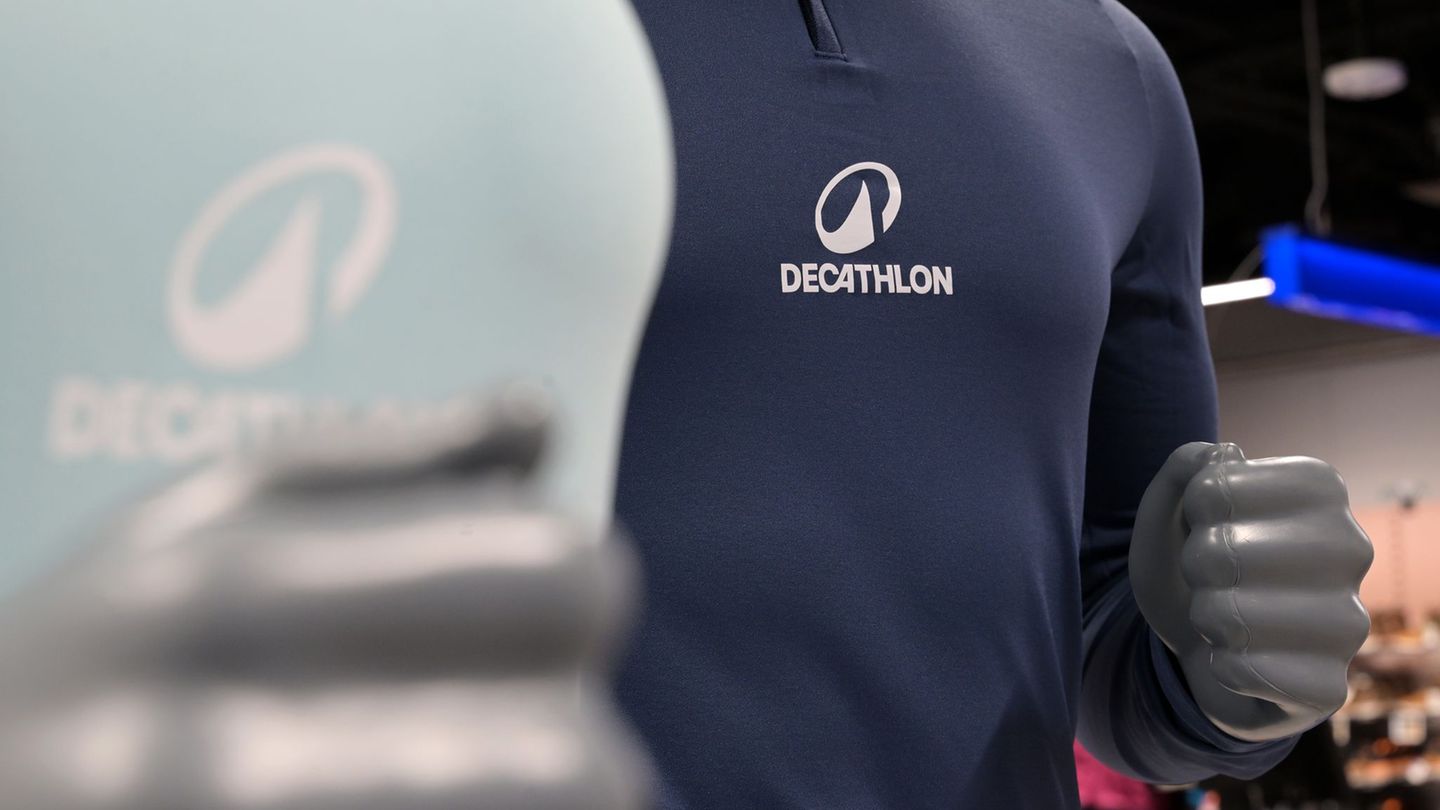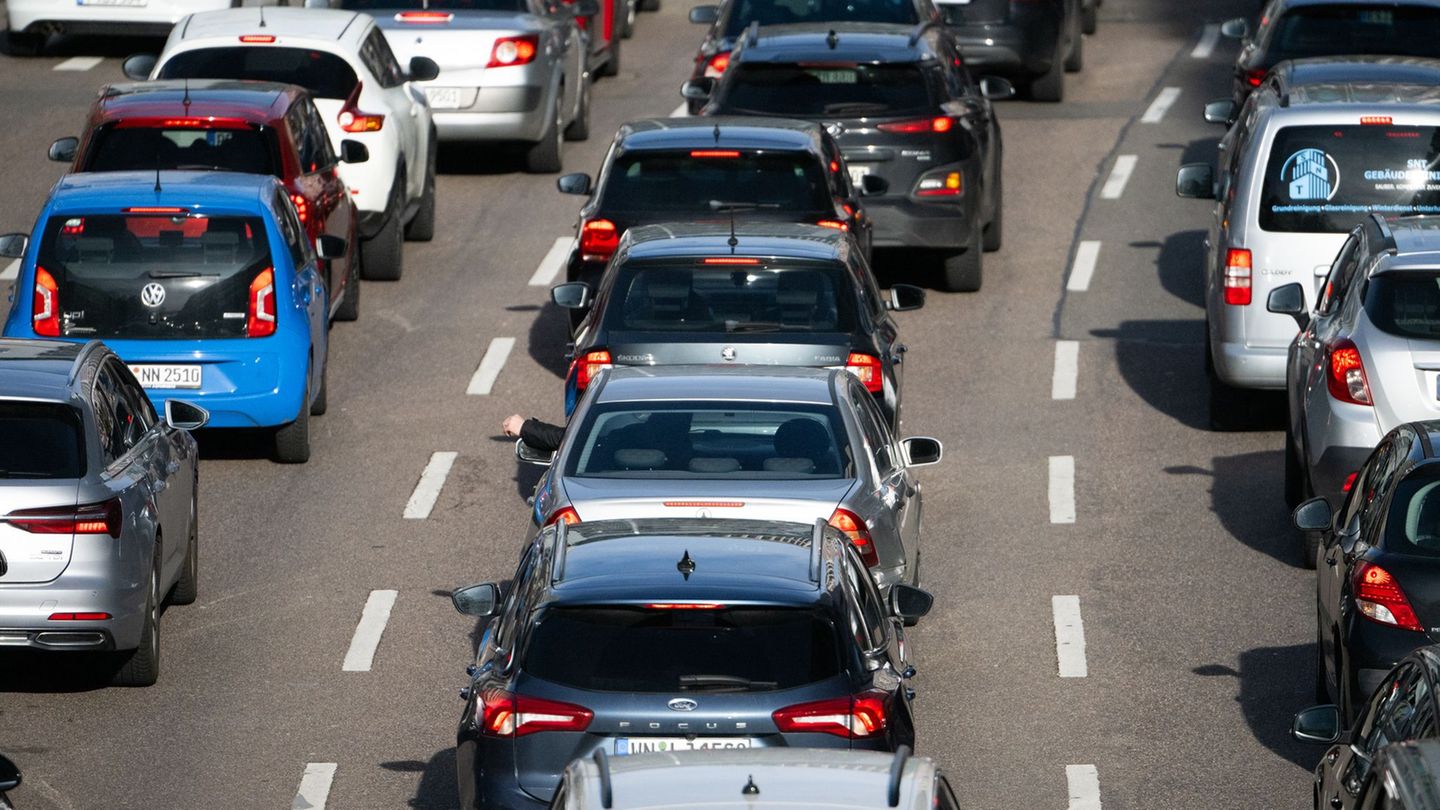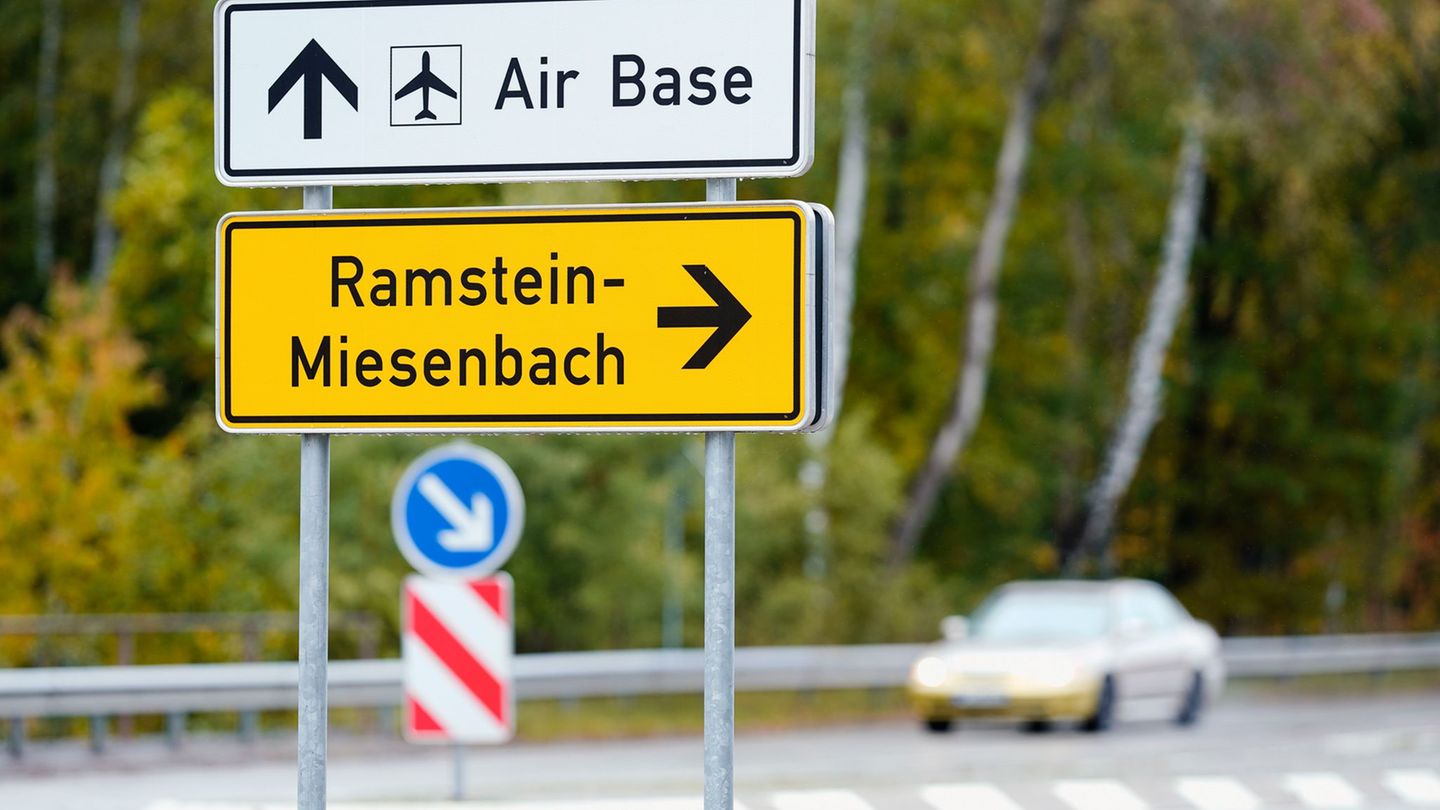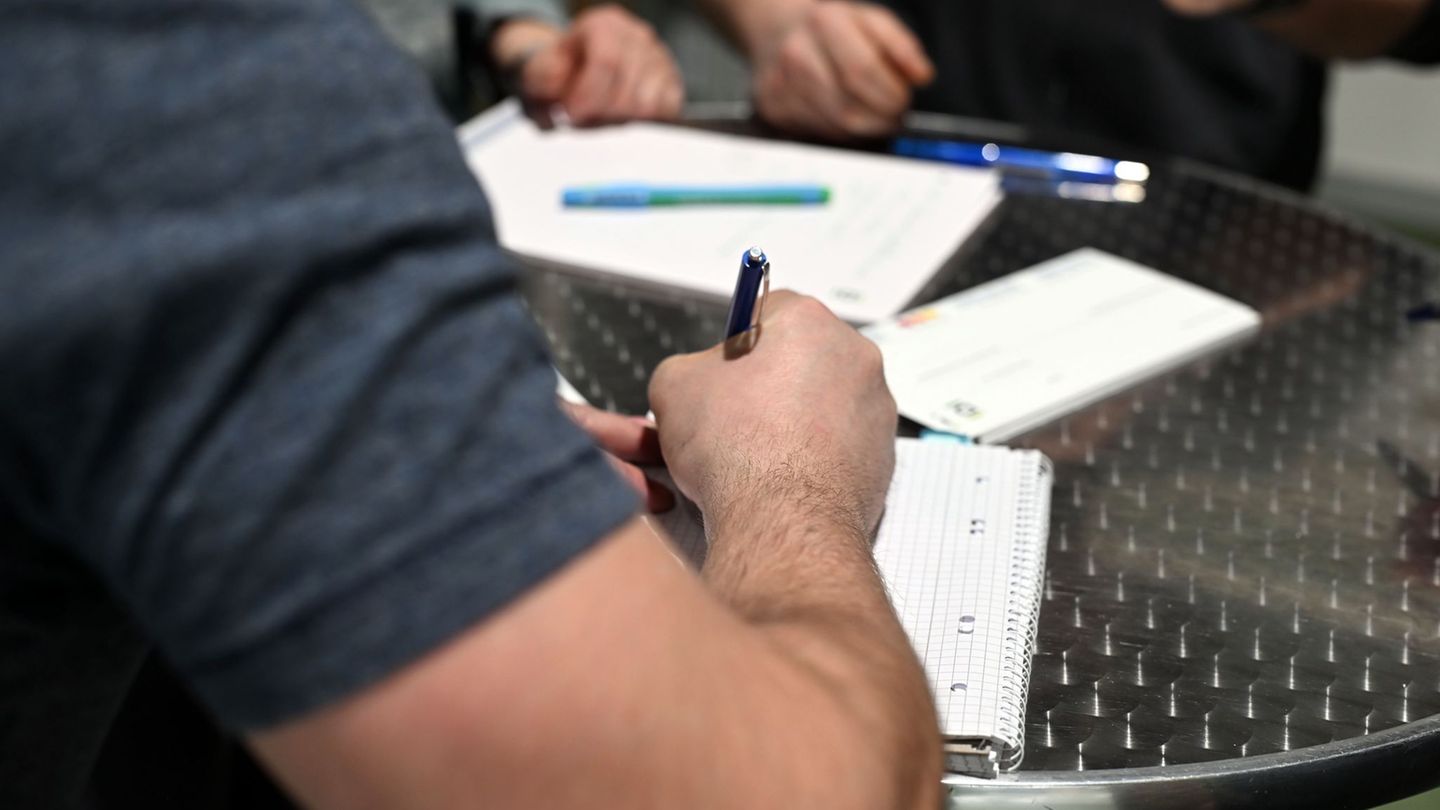Sports retailer
Vacancy as an opportunity: inner cities with a future?
Copy the current link
Bad buying mood, poor sales, bankruptcies: stationary retail is in crisis. Retailers like Decathlon are also taking advantage of the gaps in German city centers – and want to expand.
A lot of bad news has come from Germany’s city centers in recent years: people’s purchasing mood is in the basement, sales are languishing, well-known retailers are bankrupt and vacancies characterize the picture in many places. There is no quick improvement in sight. But there are also countermovements: the most recent example is the sporting goods retailer Decathlon. The French company plans to open more than 60 new branches in Germany by the end of 2027 – many of them in central pedestrian zones.
Decathlon Germany boss Arnaud Sauret told the German Press Agency: “We currently have 86 branches. In three years, i.e. by the end of 2027, there should be more than 150.” The plan is to invest up to 100 million euros in opening new stores and modernizing existing stores. Several thousand new jobs are to be created.
Company goal: 20 minutes or less drive to Decathlon
With this step, Decathlon wants to move closer to its customers. So far, the company has mainly had stores that offer a wide range of products in large sales areas. However, these are mostly outside the city centers. The French have not yet been found in top locations. That should now change: In addition to the large stores, there will in future be smaller stores in shopping centers and pedestrian zones – sometimes several in one city.
The sporting goods retailer is planning two more openings this year: a smaller branch at Potsdam Central Station and a large one in the center of Hamburg. Further white spots on the Decathlon Germany map will then be removed. Branches in Nuremberg, Freiburg, Rostock, Oberhausen and the Kassel region are under discussion.
“Unfortunately, we are not present everywhere in Germany – although we know that we could play a larger role. At the same time, there are a lot of buildings in the city centers that are simply empty. This is our opportunity,” says head of expansion Stefan Kaiser.
Competitive pressure in a billion dollar market
The sports retail market in Germany is worth several billions – and is competitive. The top dog is Intersport. In the 2022/23 financial year, the cooperative network included more than 700 retailers with a total of over 1,400 stores. Sales were around 3.5 billion euros. Intersport wants to open at least 100 new stores in this country by 2030, including large premium stores. Sales are expected to almost double by then.
The second big player is the Sport 2000 shopping group with a similar number of stores. Sales in 2023: 2.95 billion euros. Sport 2000 is currently opening new stores that specialize in team sports, for example. The French – who have long had a reputation as the Aldi of sports retailers – recently earned a good 1.1 billion euros.
Decathlon wants to grab market share
Now Decathlon is attacking: “We have two very strong competitors in Germany who are doing a great job. But that obliges us to be even better. As athletes, we love the challenge,” says Sauret. The company is already the market leader in other European countries – also because there is a larger branch network there. Market share and sales are expected to increase significantly as a result of the expansion in this country. The manager did not give specific figures.
According to Johannes Berentzen from the BBE trading consultancy, the industry is benefiting from the ongoing trend towards health and sport. The focus is specifically on the demand for sports fashion and greater specialization of the shops. “With the decline of small specialist retailers and the loss of fashion stores and department stores with sports ranges, gaps in the market are emerging that Intersport and Decathlon use strategically,” explains Berentzen.
Many well-known dealers are having problems
While Asian shopping portals like Temu are growing strongly, the situation for many established retailers is difficult. Recently, some companies have thinned out their branch networks or closed all their stores – also as a result of bankruptcies. The consequences are clearly visible: the Galeria department store chain closed locations again in the summer. The fashion brand Scotch & Soda closed all branches, the cosmetics retailer Body Shop closed around half. At Esprit the last goods are being sold these days before the stores close at the end of the month. It is unclear what will happen next for the insolvent decorative retailer Depot.
Since 2015, the number of retail stores has fallen from 372,000 to 306,000, according to the German Retail Association (HDE). The HDE expects around 5,000 closures this year.
Creative concepts defy the crisis
But there are also some examples of companies that are drawn to city centers outside of the sports retailers: discounters such as Action, Tedi and Woolworth want to significantly expand their branch network in the next few years. But MediaMarktSaturn also wants to open five so-called smart markets this year – a new and small store format. The electronics retailer Coolblue plans to open 36 more branches by 2029. There are currently four.
According to Eva Stüber from the Institute for Retail Research in Cologne (IFH Cologne), future-proof concepts in stationary retail are creative. Some brands demonstrated this in an exemplary manner: “Thalia, for example, is not only strong online, but also in city centers. New branches are being opened, traditional companies are being continued and branches are being converted.”
In addition, there are also new openings in the challenging fashion market: brands such as Copenhagen, Hugo Boss and Marc O’Polo are opening flagship stores, according to Stüber. There will also be new branches of brands from the Spanish group Inditex (Zara). And start-ups and online brands such as the jewelry label Purelei or the accessories company Kapten & Son also sought to meet customers in city centers.
dpa
Source: Stern




